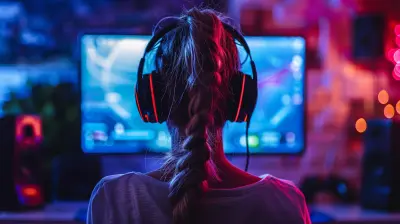The Psychology Behind Player Attachment to Game Characters
20 November 2025
Ever found yourself feeling heartbroken when a fictional character dies in a game? Or maybe you've cheered when your favorite companion finally opens up to you after hours of gameplay? You're not alone. Player attachment to game characters is a real thing—an emotional bond that goes deeper than just liking how a character looks or fights. It’s more like friendship, connection, and in some cases, even love.
But why does this happen? What is it about these digital avatars that makes us care so much?
In this article, we’re diving deep into the psychology behind player attachment to game characters. We'll look at the science, the storytelling, and even the design elements that make these connections so strong.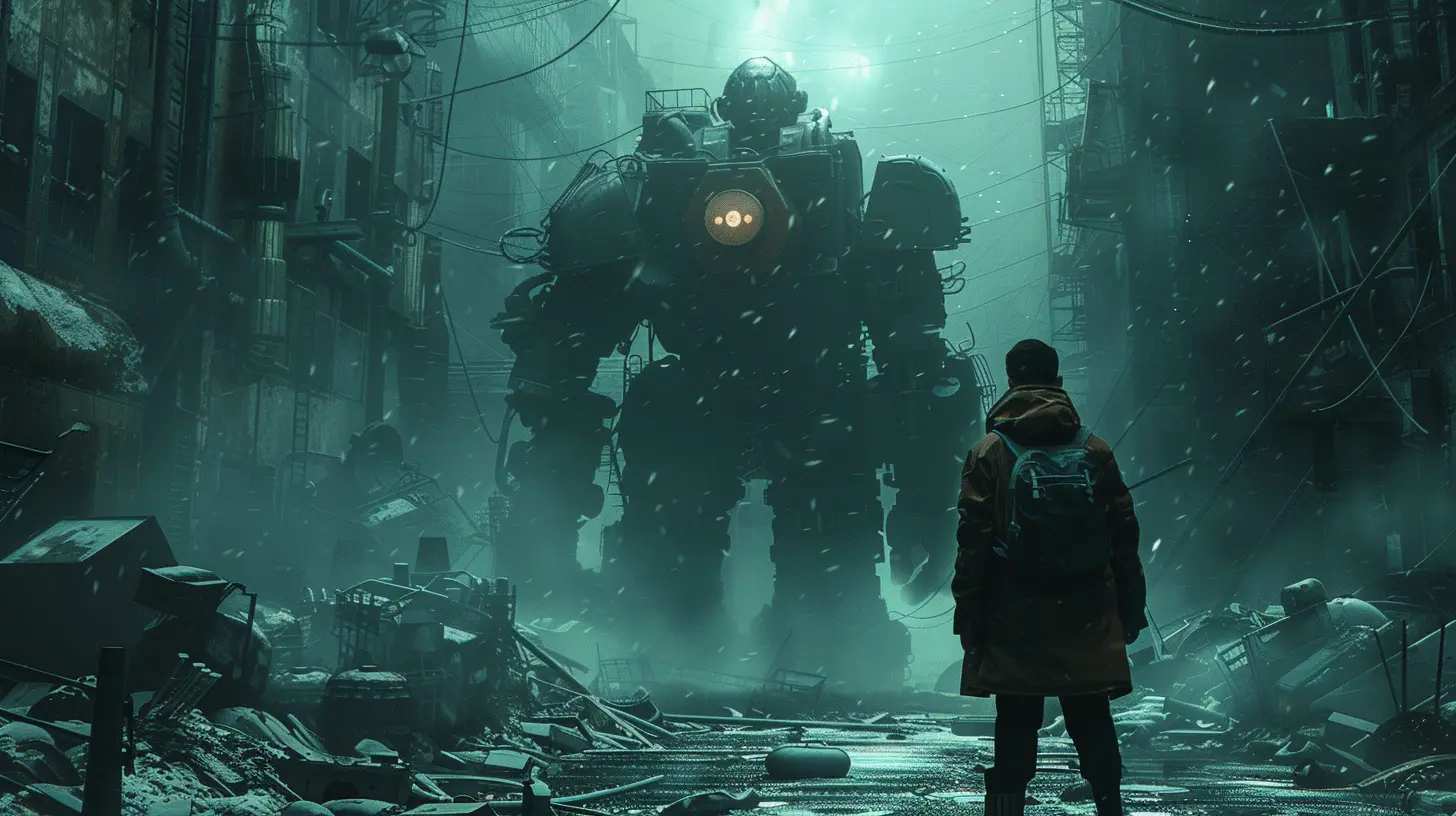
Why Player Attachment Matters
Before we break down the how, let’s talk about the why. Why should we care about emotional bonds in video games?Well, game developers sure care. Strong attachment to characters can keep players hooked, engaged, and—let’s be honest—spending money. But more than that, attachment enhances immersion. It makes your experience way more meaningful.
Remember when Aerith died in Final Fantasy VII? That moment shattered millions of gamers. The reason it hit so hard wasn’t just because it was a plot twist—it was because players had emotionally invested in her. She mattered.
This kind of emotional pull is what turns a game from just a fun activity into something unforgettable.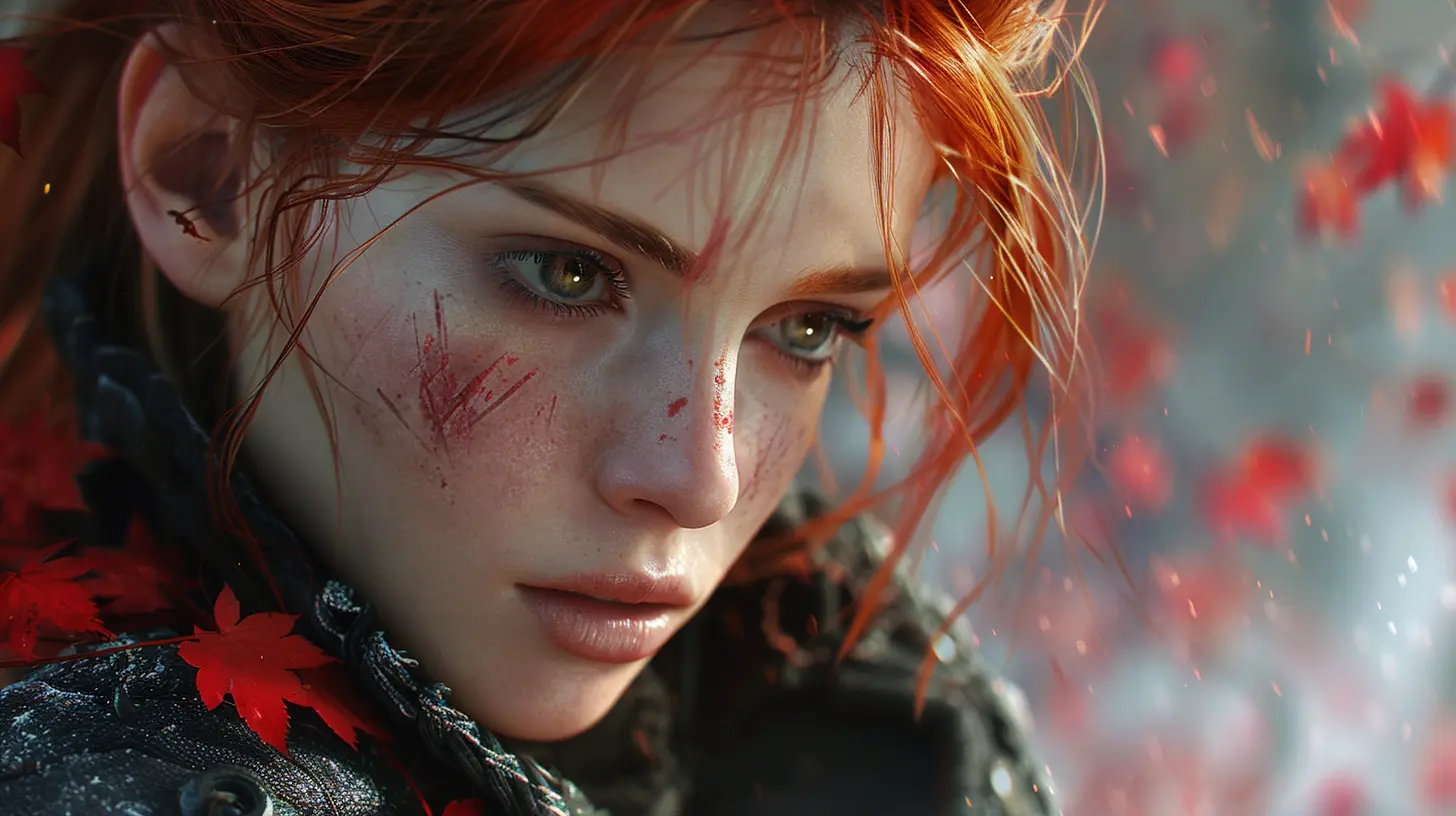
The Basics of Human Attachment
To understand why players grow attached to game characters, we need to zoom out and look at how human attachment works in general.Psychologists describe attachment as a deep and enduring emotional bond. It usually starts in childhood with caregivers but continues to affect how we form relationships throughout life.
Video games, surprisingly, tap into those same emotional mechanics. When you spend hours interacting with a character—solving puzzles together, fighting side by side, listening to their backstory—your brain says, “Hey, this matters.”
Even though game characters aren’t real, your responses to them are.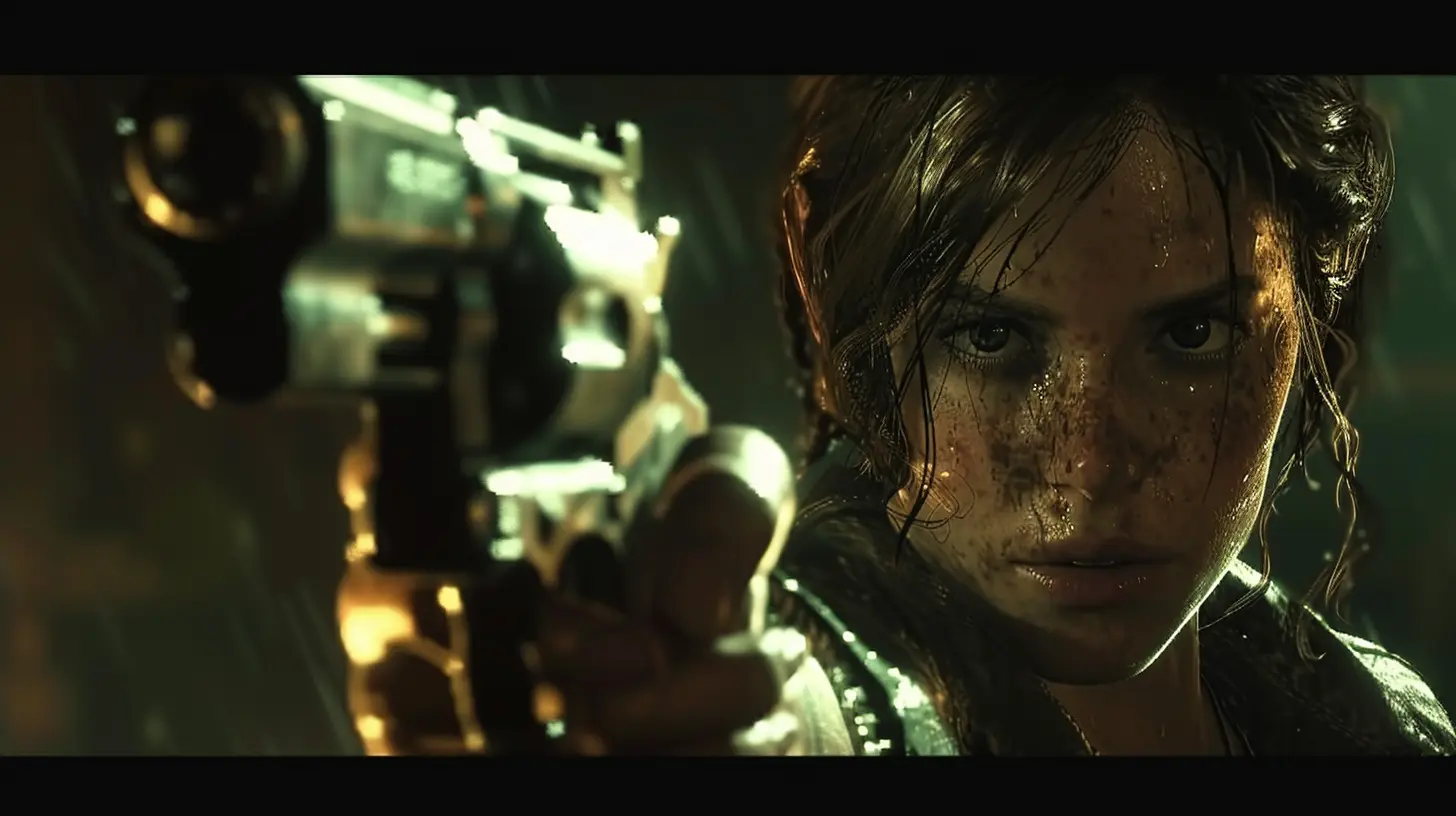
Emotional Investment Through Character Development
One of the most powerful tools that game developers use is storytelling. And not just any storytelling—we’re talking rich, layered, emotionally complex narratives.Games like The Witcher 3, Mass Effect, and Red Dead Redemption 2 aren’t just fun—they’re emotional rollercoasters. The characters change. They struggle. They grow. And when they suffer, you suffer too.
Why? Because emotional investment increases as character depth increases. When a game gives us a character with hopes, fears, flaws, and dreams, our brains treat them like real people. It’s the same part of your brain that gets emotional during a sad movie.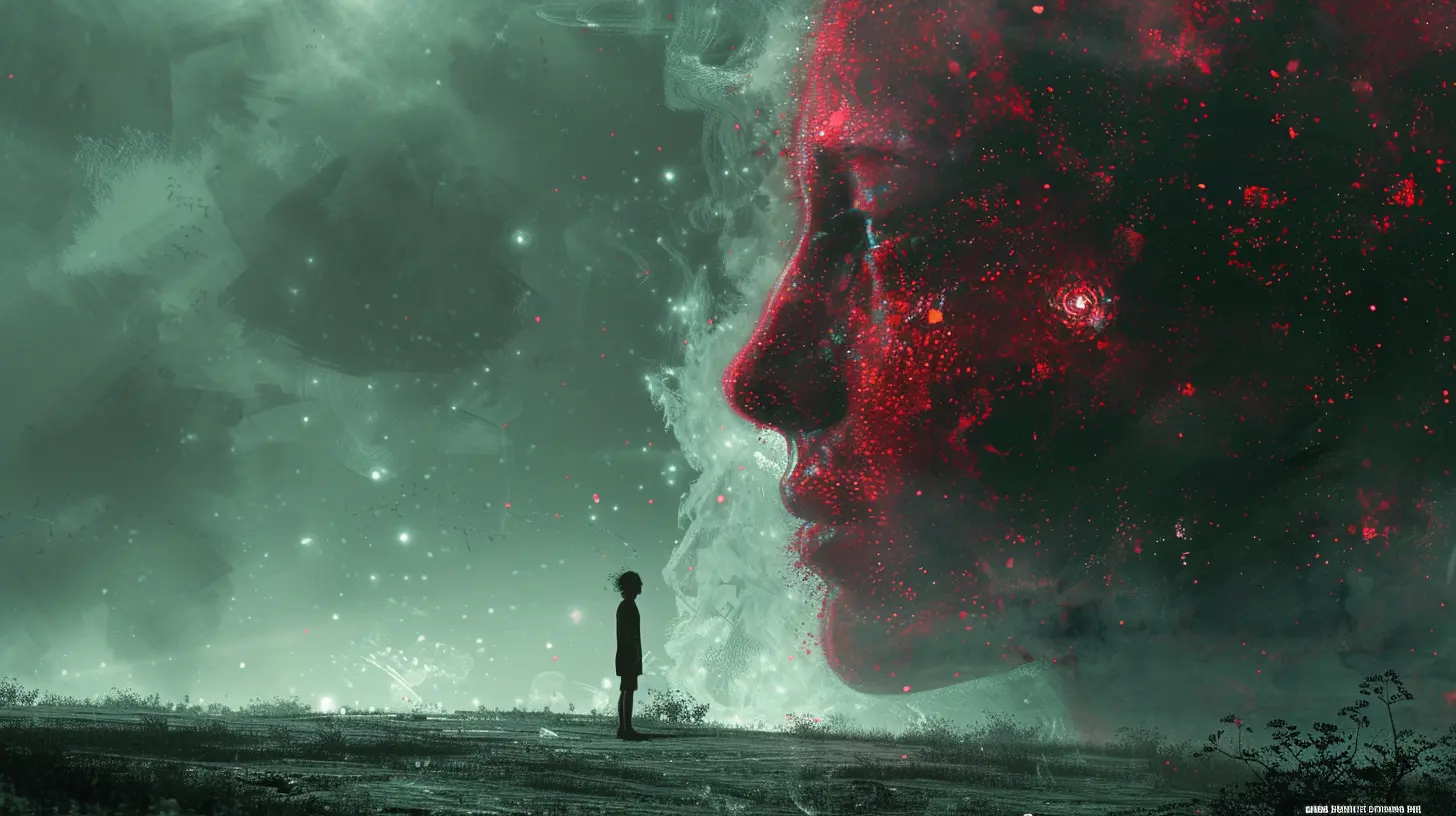
Interactivity: The Game-Changer
Here’s where games have a unique edge over other types of media like films or books—you interact with them.You’re not just watching Shepard from Mass Effect make tough decisions. You are Shepard. You choose their dialogue, shape their personality, and decide who they fall in love with. That interactivity creates a sense of co-authorship. You feel responsible for the character’s fate, almost like a parent or best friend.
It’s not just about watching a story unfold; it’s about being a part of that story. That level of involvement makes attachment deeper and way more personal.
The Role of Customization
Ever notice how games that let you customize your character lead to a stronger emotional bond?Think about titles like The Sims or Skyrim. You design the look, decide the backstory (at least in your head), and make all the choices. The avatar becomes an extension of yourself.
Psychologists call this the "Proteus effect"—when your behavior in the virtual world mirrors the character you’ve created. You feel closer to them because they reflect a part of you. It’s like looking into a digital mirror.
This also explains why losing such a character (say, in hardcore mode) hurts so much—it feels like losing a piece of yourself.
Social Connections in Games
Multiplayer games create another layer of attachment—social bonding. Games like Fortnite, World of Warcraft, and Genshin Impact feature squads, guilds, and clans where characters are tied to social roles.Even if the narrative isn’t deep, the emotional connection grows because of shared experiences—not unlike real-life friendships.
Then there are games like Life is Strange or The Walking Dead, which feature deeply emotional choices affecting both your character and others around them. Choosing who to save or sacrifice heavily influences your connection with those characters.
Our brains are hardwired to care about group dynamics. In a way, these characters become our virtual tribe.
Voice Acting and Visual Design: Small Details, Big Impact
Ever heard a character’s voice in your head long after playing the game? That’s no accident.Voice acting plays a massive role in creating authenticity. A well-acted voice can give a character warmth, depth, and personality. Think of Ellie from The Last of Us—Ashley Johnson's voice brought her to life in a way that made players across the world fall in love with her.
And let’s not forget visual design. From facial expressions to body language, subtle cues make characters feel more human. Developers use techniques from animation and even psychology to evoke empathy and emotional connection.
Body language, microexpressions, and eye contact are all cues we subconsciously respond to. So, when a companion character looks at you a certain way—yeah, it hits different.
Nostalgia and Replaying Games
Ever gone back to an old game just to see your favorite character again? Congratulations, you’ve just experienced nostalgia-based attachment.When you attach strong emotions to a character, they become part of your memory—just like an old friend or a childhood pet. Replaying the game feels like catching up with someone you haven’t seen in years.
Characters from games like Pokémon, Zelda, and Final Fantasy stick with us for decades. They become icons not because they’re perfect, but because they meant something to us at a specific time in our lives.
It’s like old songs—you hear the opening riffs, and suddenly you’re back in middle school.
The Grief of Loss in Games
Yes, people grieve over fictional characters. And yes, it’s totally valid.Games like Red Dead Redemption 2 or Final Fantasy VII have death scenes that feel like a punch to the gut. Why? Because you’ve built emotional intimacy with those characters. You’ve seen them grow, suffered with them, and maybe even laughed with them.
When they die, a part of your emotional investment dies too. There’s no continuation, no more dialogue, no “see you later.” It’s final—and your brain processes that as real loss, even if your logical mind knows otherwise.
How Game Developers Leverage This
Let’s not pretend that developers aren’t aware of this psychological attachment. They’re skilled storytellers, behavioral analysts, and emotional architects.Games now include loyalty missions, relationship meters, and even branching dialogue trees that change based on your emotional connection to a character.
Ever got a bad ending just because you ignored a certain NPC? That’s intentional. Developers want you to care. They want your choices to have weight because that’s what keeps you emotionally engaged.
The more you care, the more you play. And the more you play, the more that story becomes a part of you.
Can It Go Too Far?
Let’s be honest—there’s a dark side, too. Some players get so immersed that the lines between fiction and reality blur. There are cases where people mourn characters like they would real individuals.Is that unhealthy? Not necessarily. But it highlights how powerful these emotional tools can be.
The key is balance—enjoy the connection, revel in the emotion, but remember to keep your feet in the real world.
Final Thoughts
So, why do we care so much about game characters?Because they’re more than pixels on a screen. They’re emotional mirrors, story companions, and sometimes, much-needed friends. Game developers tap into psychology, storytelling, and game design to create characters that feel real—and that reality, even if virtual, makes a lasting impression.
Next time you find yourself caring too much about a fictional character, don’t feel silly. It means the game did its job. It moved you. And in a world full of distractions, that’s kind of beautiful, don’t you think?
all images in this post were generated using AI tools
Category:
Game NarrativesAuthor:

Greyson McVeigh
Discussion
rate this article
1 comments
Valeris McTier
This article insightfully explores how emotional connections to game characters enhance player engagement. Understanding these psychological factors can help developers create more immersive experiences that resonate with players on a deeper level.
December 6, 2025 at 3:43 PM

Greyson McVeigh
Thank you for your thoughtful comment! I'm glad you found the exploration of emotional connections and their impact on player engagement insightful. Understanding these dynamics is crucial for developing immersive gaming experiences.

